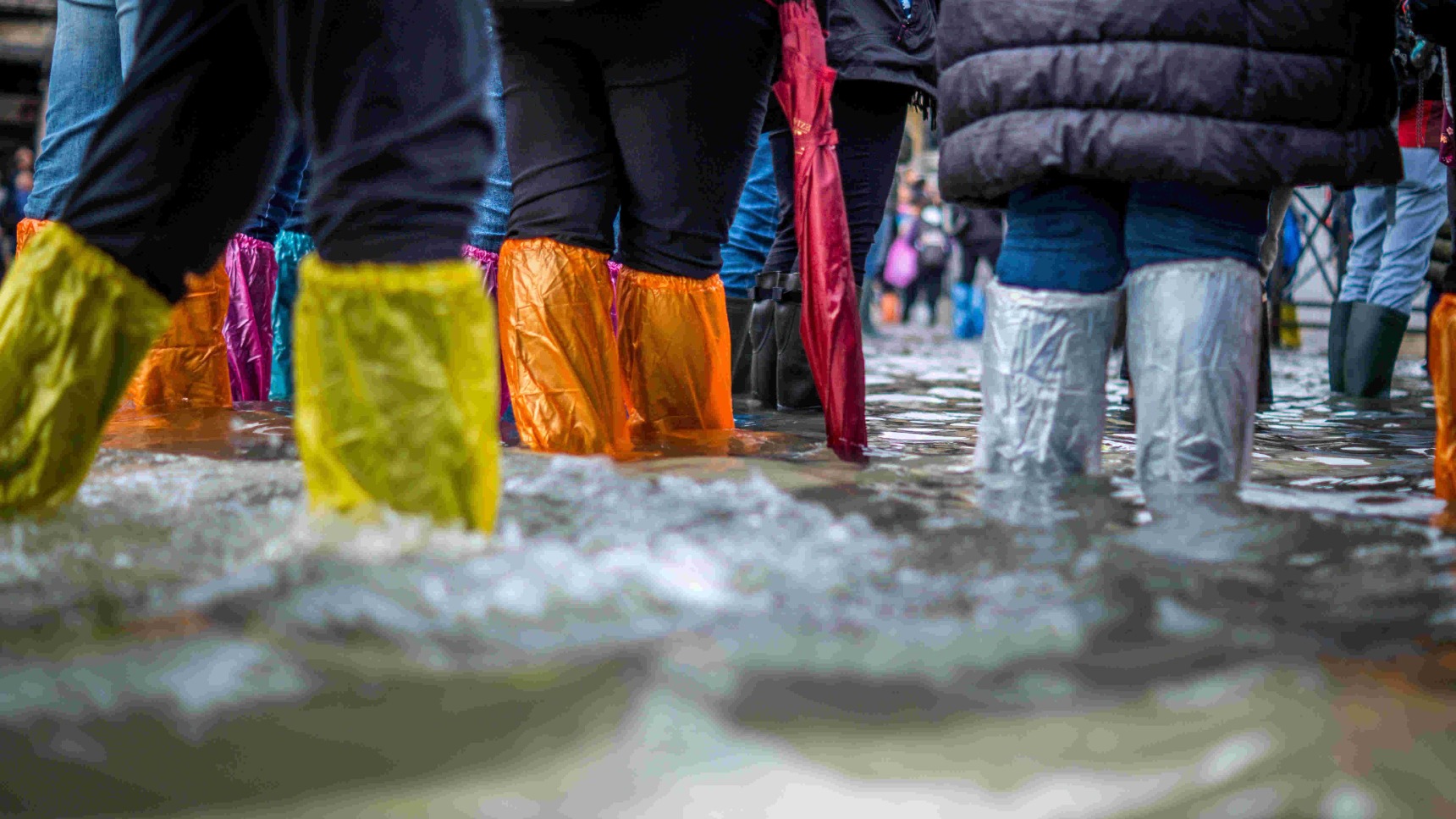Inundaciones en Italia
En Italia, después de fuertes lluvias, se produjeron inundaciones en las regiones costeras del Adriático. La región de Emilia-Romaña se vio particularmente afectada.
Resumen
En Italia, después de fuertes lluvias, se produjeron inundaciones en las regiones costeras del Adriático. La región de Emilia-Romaña se vio particularmente afectada. Fuertes inundaciones causaron condiciones caóticas en el Adriático: algunas líneas ferroviarias fueron interrumpidas, las playas cerradas y miles de personas evacuadas.

Detalles
Los bomberos italianos intervinieron 2000 veces solo en Emilia-Romaña. 41 municipios se vieron afectados por las inundaciones. Las autoridades también registraron 280 deslizamientos de tierra, más de cien con graves consecuencias.
Las ciudades de Cesena, Faenza, Senigallia, Riccione y Rimini se vieron particularmente afectadas por las inundaciones. Incluso en la popular ciudad turística de Rávena, algunas personas tuvieron que ser rescatadas de sus casas o automóviles. Varias personas murieron en las inundaciones en Forlì y Cesena.
La región había sufrido sequía y sequedad en las semanas anteriores: el río Po, de más de 650 kilómetros de longitud, se había reducido a un arroyo en algunos lugares. El fin de semana llegaron tormentas y en algunas partes de la región de Emilia-Romaña llovió tanto en un día como normalmente en un mes.
Muchos ríos se desbordaron debido a los lechos secos y anegaron aldeas enteras. En las fotos y videos se podían ver autos estacionados hundidos hasta el techo en las masas de agua.